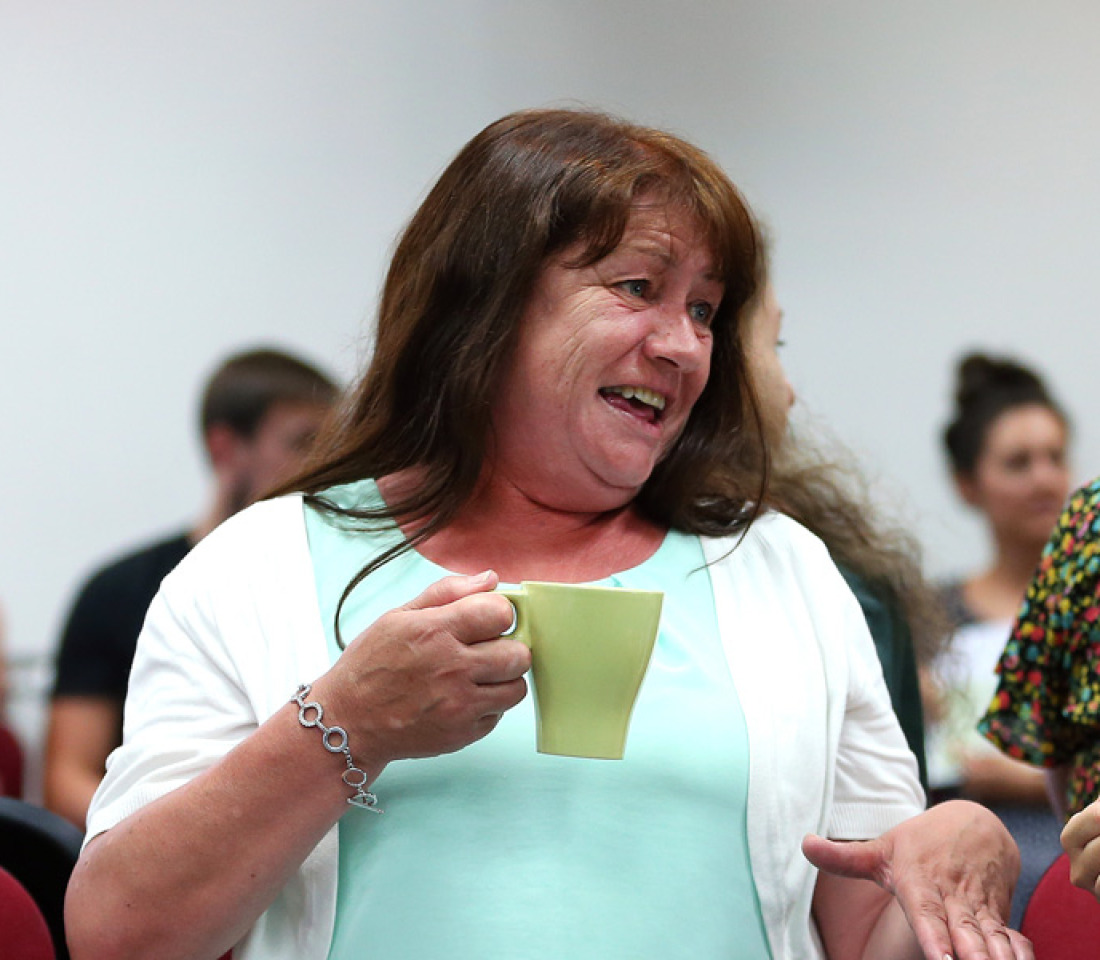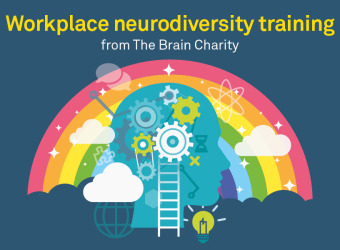
Why is it important to celebrate neurodiversity?
We take a look at the significance of Neurodiversity Celebration Week
Neurodiversity Celebration Week is a global campaign that seeks to debunk myths and stereotypes about neurological differences.
It aims to change how neurodivergent people are perceived and supported by giving schools, universities, and organisations the opportunity to recognise the many talents and benefits of being neurodivergent, while also creating more inclusive and equitable cultures that celebrate differences and empower all individuals.
Founded in 2018, Neurodiversity Celebration Week aims to change the way learning difficulties are perceived. The founder, Siena Castellon, has been diagnosed with autism, ADHD, dyslexia and dyspraxia. Sienna’s aim was to change the narrative and create a balanced view which focuses on the talents and strengths of neurodiverse individuals.
Celebrating neurodiversity means recognising and valuing these differences as a natural and essential part of human diversity. But why is it important to celebrate neurodiversity?
Promoting acceptance and inclusion

One of the main reasons why it is important to celebrate neurodiversity is to promote acceptance and inclusion of people with neurodivergent traits.
When we celebrate neurodiversity, we send a message that everyone, regardless of their neurological differences, has inherent value and deserves to be treated with respect and dignity.
This helps break down the barriers that can prevent neurodivergent individuals from fully participating in society and accessing the support they need to thrive.
Challenging stigma and stereotypes
Another reason to celebrate neurodiversity is to challenge the stigma and stereotypes that often surround neurodivergent conditions.
Too often, people with neurodivergent traits are portrayed in the media and popular culture as being “broken” or “deficient” in some way.
This can lead to harmful and inaccurate stereotypes that can be extremely damaging to the self-esteem and mental health of neurodivergent individuals.
By celebrating neurodiversity, we can challenge these stereotypes and promote a more accurate and positive understanding of neurodivergent conditions.
Recognising strengths and abilities

Celebrating neurodiversity also means recognising and valuing the unique strengths and abilities that neurodivergent individuals can bring to society.
Many people with neurodivergent traits have exceptional skills in areas such as mathematics, music, art, and science. By acknowledging and promoting these strengths, we can help to create a more inclusive and diverse society that benefits everyone.
Fostering creativity and innovation
Celebrating neurodiversity can foster creativity and innovation by encouraging different ways of thinking and problem-solving.
Neurodivergent individuals often have a different perspective on the world and can approach problems in ways that others may not have considered.
By embracing and celebrating these differences, we can create a more dynamic and innovative society that is better equipped to tackle the complex challenges we face.
A safer environment for neurodiverse individuals
Neurodiverse individuals often face stigma and discrimination in society. By celebrating neurodiversity, we can create a safe and accepting environment for these individuals.
This can help them feel more comfortable being themselves and expressing their thoughts and ideas without fear of judgment.

Achieving goals
By promoting inclusivity and acceptance, we can help neurodivergent individuals feel more confident and empowered to pursue their goals and achieve their full potential.
This can also lead to reduced rates of unemployment, poverty, and mental health issues across neurodivergent individuals.
For example, many celebrities have been diagnosed with neurological conditions, how many of these can you recognise?
- Billie Eilish (singer) – diagnosed with Tourette’s syndrome
- Greta Thunberg (environmental activist) – diagnosed with Asperger’s
- Muhammed Ali (boxer) – diagnosed with dyslexia
- Michael Phelps (gold medal Olympian) – diagnosed with ADHD
- Elon Musk (entrepreneur) – diagnosed with autism
- Daniel Radcliffe (actor) – diagnosed with dyspraxia.
Categories: Neurodiversity, News
Published: 17 March 2023
















